In an increasingly virtual world, soft skills have become essential to succeed in today’s workplace. So what are the most important soft skills and how can you go about developing them?
While hard skills are usually obtained through training programmes and formal education, soft skills are to do with who people are – their character traits and interpersonal skills – and how they relate to other people in the workplace. Soft skills are now prerequisites for employers looking to recruit their best teams. Indeed, the Society for Human Resource Management’s 2021-22 report on the State of the Workplace found that 77% of HR professionals cited the importance of developing managers’ soft skills to better meet current workforce expectation.
Read on for the top five soft skills and how you can start to cultivate them.
Communication

Let’s Talk
Successful communicators don’t just know what to say, they know how to say it; they understand the importance of non-verbal communication; and, crucially, they know how to listen. These are all critical skills to develop if you want to take an active role in the workplace, make an impact, and have a chance to progress within your chosen field.
Let’s talk
Being an effective communicator is not something we are born with. Fortunately you can get better at communicating by practising the skills required. First, take an inventory of the ways in which you interact with colleagues on any given day. What did you say? How did you say it? Did you give any nonverbal cues? How well were you really listening? Make notes and see where you were most effective and authentic and where you feel there is room for improvement. Once you know what your weaker areas are you can then start to work on building those skills.
City’s Presentation Skills short course is taught by Karen Glossop. Karen read Classics at Cambridge University and trained as an actor at Mountview. Since 1997, she has tutored groups and individuals in areas such as leadership, personal impact, presentation and speech-making, communication and influencing, writing for business and creativity. As Karen puts it:
“People often say they want to be more confident. I can’t snap my fingers and make that happen, but I can equip them with practical skills that will lead to confidence if they put in the work. This confidence is their success, not mine. My job is to make sure people have the techniques to relax in front of an audience; to encourage them to think analytically – and creatively – about how to structure a speech or presentation; and to nudge them to take positive risks in how they present themselves and their message. Everything I do is driven by the belief that the need to communicate is fundamental to our humanity.”
You might also find our Effective Communication and Interpersonal Skills course useful to help develop your communication skills.
Creativity

Lightbulb Moment
Creativity is vital for innovation and as important for mathematicians and scientists as it is for writers and artists. Linkedin’s 2022 Global Talent Report now puts creativity as one of the current top five in-demand skills for employers. And no wonder. Creative-minded colleagues make excellent problem-solvers; contribute energy and dynamism to their teams; and are able to see the bigger picture at work.
Light the Fuse
Not feeling particularly creative yourself? Don’t worry. There are many ways we can all start to be more creative. Start by asking more questions; observe a situation before stepping in; experiment with new ways of thinking and approaching a subject; make more connections; and network within and across teams. It’s also important to get your mind in the right state to receive new, more creative ideas. Often this is when we are most relaxed and not overthinking. Taking regular breaks at work, staying active, having a daily meditation practice and allowing your mind to rest can all give space for ideas on the brain’s back burner to come into conscious awareness.
Our creative writing short courses at City provide an excellent space to explore your creativity. Start with An Approach to Creative Writing and move on to try Novel Writing and Longer Works or Short Story Writing. Taught by writers and editors, our writing courses will help you build your creative skills through storytelling and fiction writing.
Language learning also provides an opportunity to become more creative. Learning a language has been proven to (LINK TO OTHER POST) boost brain power and fire up those neurons essential for discovering new ways of thinking and approaching a subject. You’ll get the added bonus of practicing your networking skills with our interactive classes with plenty of opportunity for pair and group work.
Emotional Intelligence

Multi-faceted
Emotional intelligence as a concept was first popularised by Dan Goleman in his book Emotional Intelligence. Today the World Economic Forum defines emotional intelligence as one of its top ten in-demand professional skills. It’s not hard to see why. Leaders with emotional intelligence are routinely better able to resolve conflicts; collaborate with others; build psychological safety within teams and coach and motivate others.
I hear you
The good news? Emotional intelligence is something you can develop. First try to manage your negative emotions. When someone annoys you at work, take a step back and evaluate the situation. Excuse yourself to go for a toilet break if you need. Then come back when you’re calmer. You’ll make better decisions and you’ll be better able to listen. Think about the language you’re using to communicate at work. Could it be clearer? Is there room for improvement? Put yourself in your colleagues’ shoes and practice active empathy. How can you let your colleagues know, verbally or non-verbally, that you appreciate and understand their position, even if you don’t agree? Try to become more cognisant of what triggers you towards stress. If you’re someone who gets stressed when they read work emails, make sure not to have your phone on in your bedroom or set a time limit after which you no longer check your emails. Try to practice being optimistic rather than complaining. We are what we do and the more you complain, the more you will find something to complain about. Reminding yourself of what you have to be grateful for, however small, can increase our optimism and allow us to contribute at work, and home, in a more positive way.
City’s two Positive Psychology courses are both taught by Tim Le Bon and are a great way to improve your emotional intelligence. Tim has a first class degree in Philosophy, Politics and Economics from Trinity College, Oxford and an MPhil in Philosophy from the University of London. He is a qualified life coach and psychotherapist and the author of Wise Therapy: Philosophy for Counsellors; Achieve Your Potential with Positive Psychology; and 365 Ways to be More Stoic.
“I originally studied PPE and really took to the philosophy part of the course,” says Tim. “The idea that we could reflect on how to live better was exciting and new to me. In my twenties I undertook further study in psychology.
“I then worked in IT for a company called Logica, where I really enjoyed my work and the camaraderie with fellow workers. But in my late twenties, I found something was missing. I wanted to make a positive difference to people’s lives and I wanted to do something that I was really passionate about. When I asked myself “is this how I want to spend the majority of my time?” the answer was a resounding “no”. So I trained as a counsellor, psychotherapist, life coach and teacher. I find my work now much more meaningful.
“Over the ten weeks students learn about the practical topics of Positive Psychology, such as happiness, positive emotions, achievement, positive relationships, mindfulness and compassion. They also learn evidence-based techniques to help them become happier, achieve more and be more mindful. Homework is set each week around activities aimed at helping students achieve these techniques.”
Adaptability
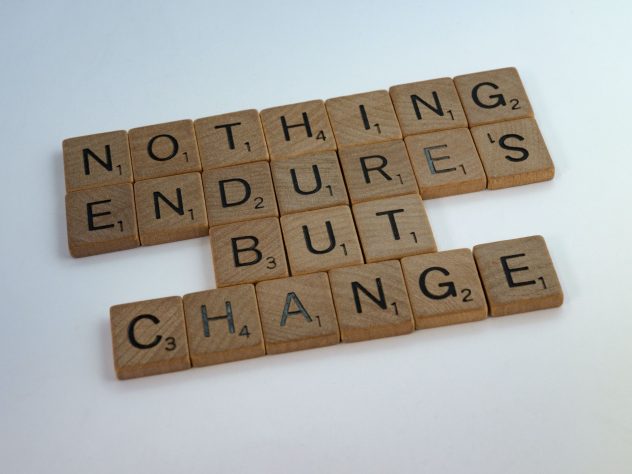
Resistance is Futile
Despite being one of life’s only real certainties, human beings are notoriously resistant to change. How we respond to change – and the challenges that are change’s inevitable companion – depends on our ability to adapt. Flying off the handle when things don’t go according to plan will not buy you friends at work, or home. Putting your head in the sand and hoping you can ignore the consequences of change will most likely damage you, your team and your organisation. A colleague who can show true adaptability to any situation, good or bad, is a huge asset to an organisation and more likely to be adept at other soft skills such as creativity.
Turn on a dime
Start by reframing your thinking. See challenges as opportunities rather than threats. See if you can get ahead of any potential challenges coming down the track and try to be an early adopter of change. Take advantage of any training courses your employers offer, particularly on resilience. Share your learning with your team; often seeing a colleague successfully take on new challenges can inspire others within a team to adapt and grow further.
City’s Leadership and Management short course is an excellent way to enhance your ability to adapt by learning practical tips on how to succeed in today’s job’s market.
Critical Thinking

Let’s See
Being able to step back from a situation and apply logic is invaluable in the workplace. Critical thinkers use their skills to analyse information – essential in our data-heavy modern world – look for patterns in that information; see where there are gaps; and use their findings to come up with innovative solutions and strategies to ongoing problems. Not only do colleagues with good critical thinking skills make great leaders, they also know how to prioritise and manage their time effectively which has knock-on effects for their teams and organisations.
Give it some thought
You can work towards improving your critical skills by taking time to consider the information in front of you. Don’t take anything at face value. Be as objective as possible and try to evaluate the data as rationally as possible. Ask questions. Is there anything missing from this information? Who funded the research/website/platform? How big was the data set? Whose voice is missing from the research? Evolve your ability to listen with empathy. Try not to insert your own opinion before you’ve heard what others have to say. Listen carefully and keep an open mind.
City has a range of courses which will help students develop their critical thinking skills. Through reading and discussion of set texts and examples on our non fiction writing courses such as Journalism Skills, Writing for Social Impact and Narrative Non Fiction, students learn to analyse theirs and others’ writing and provide constructive criticism on ways to make it stronger and clearer. Our fiction writing courses – particularly our year-long Novel Studio programme – also help to strengthen students’ capacity for independent judgement and thought and to practice skills in critical reasoning and appreciation.
Our law short courses help students develop their critical thinking skills through the examination of key legal case determinations and analysis of evidence and decision-making processes. While our computing short courses – particularly our Data Analysis courses – are designed to sharpen students’ ability to apply logic to their understanding and use of programming and data management.
For more on all our short courses – from Human Rights Law through to Python, take a look at our home page.
Or contact shortcourses@city.ac.uk to talk directly to one of our subject coordinators.


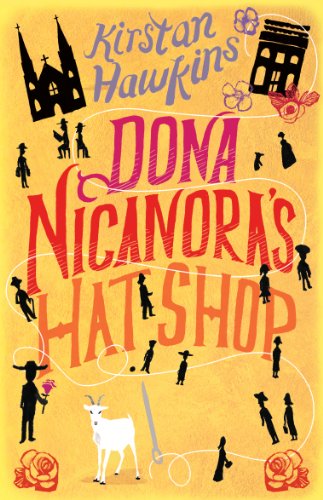
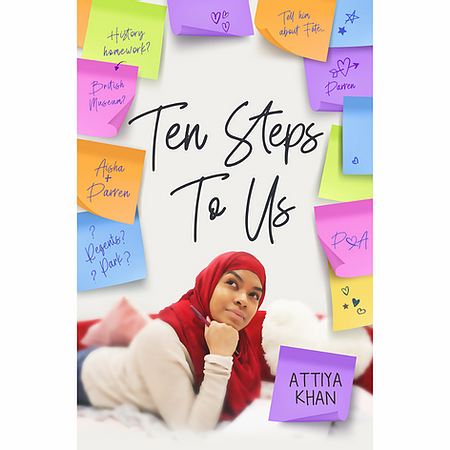
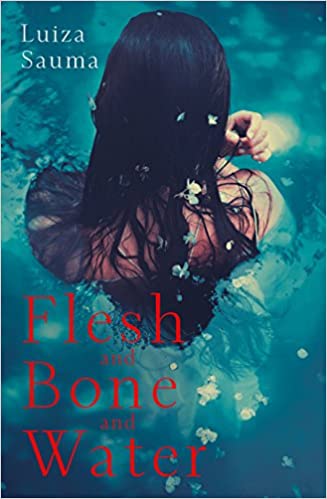



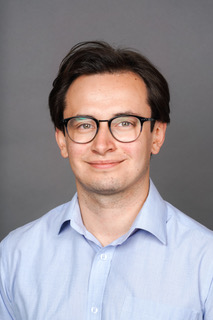
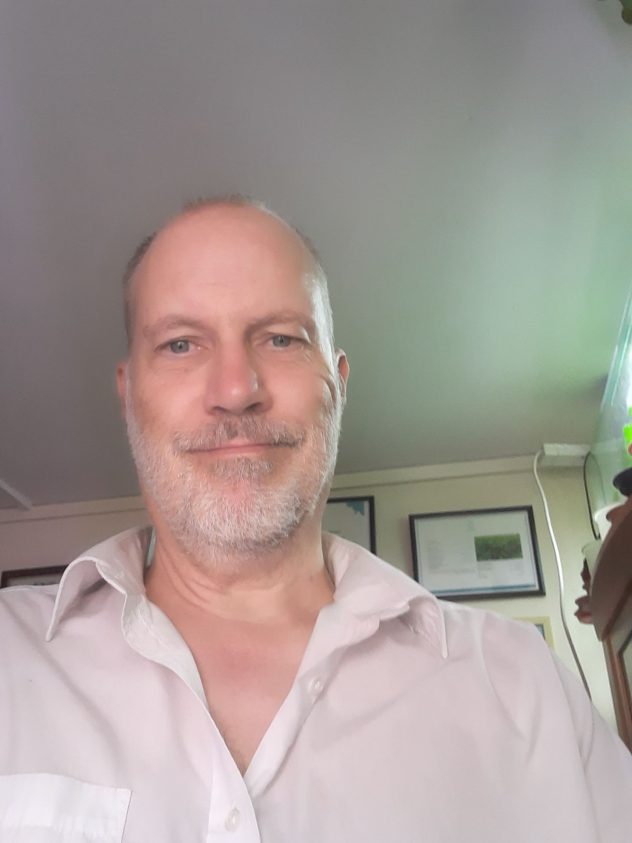
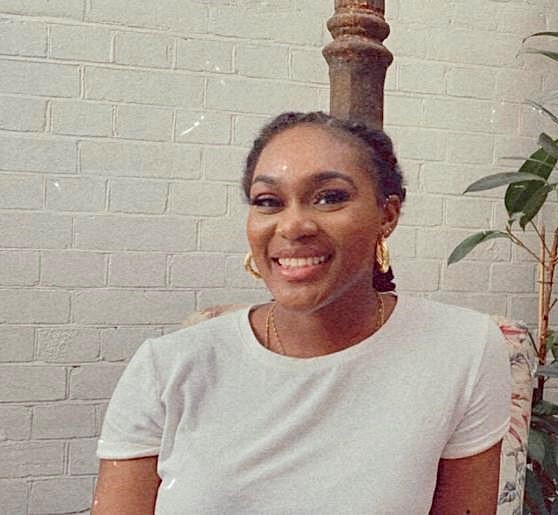



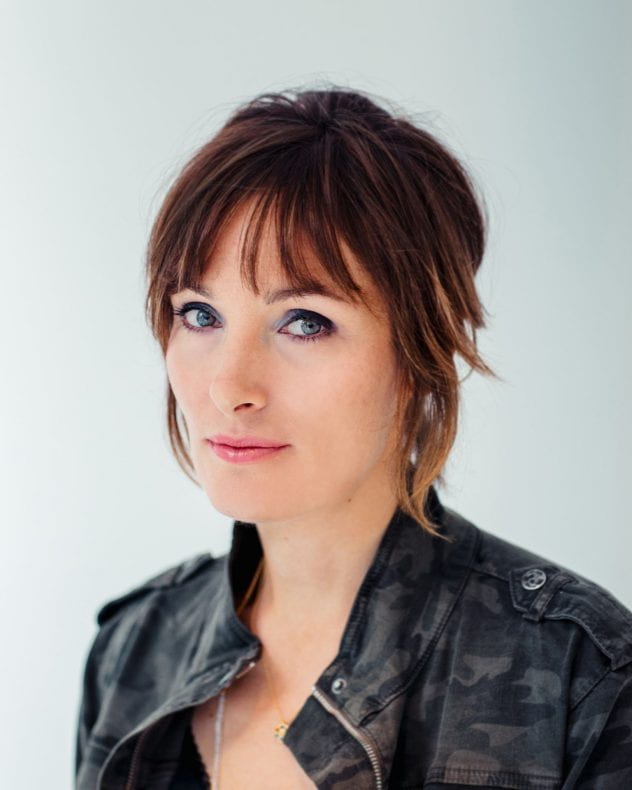








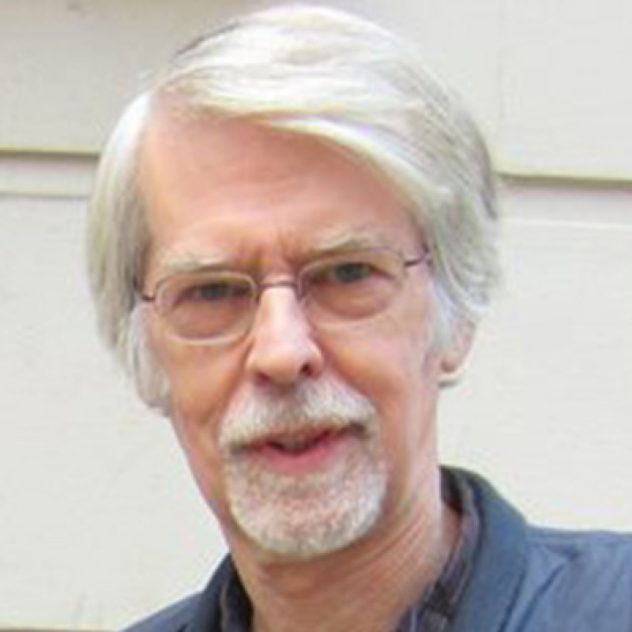
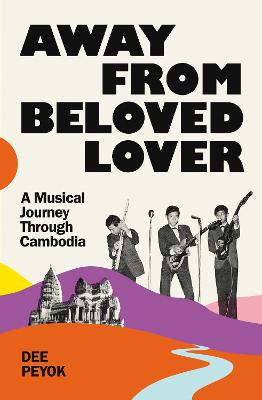


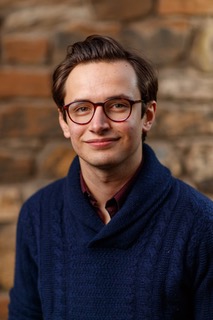
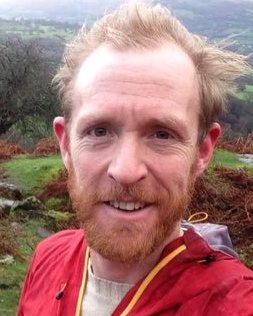
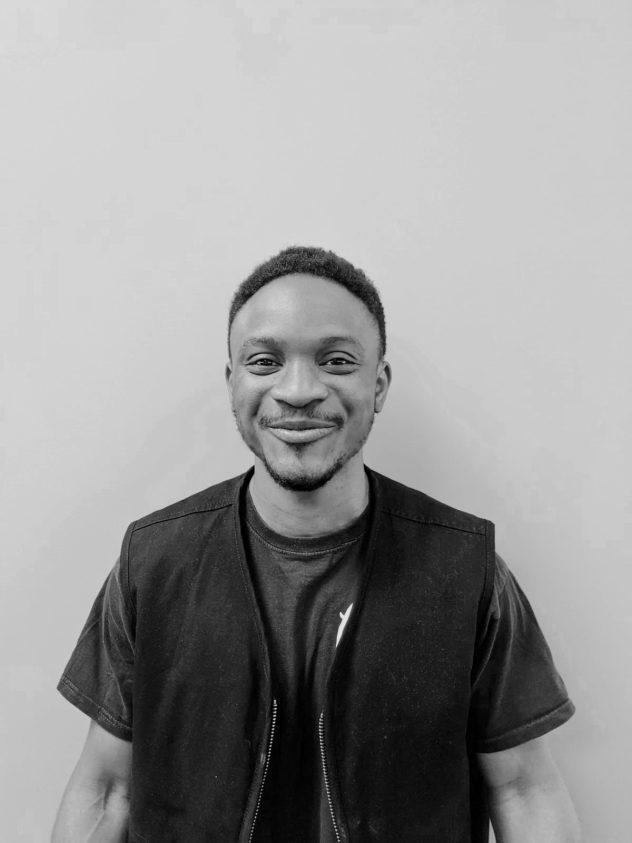


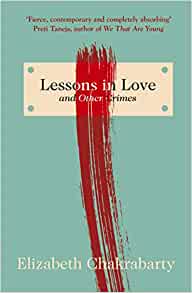

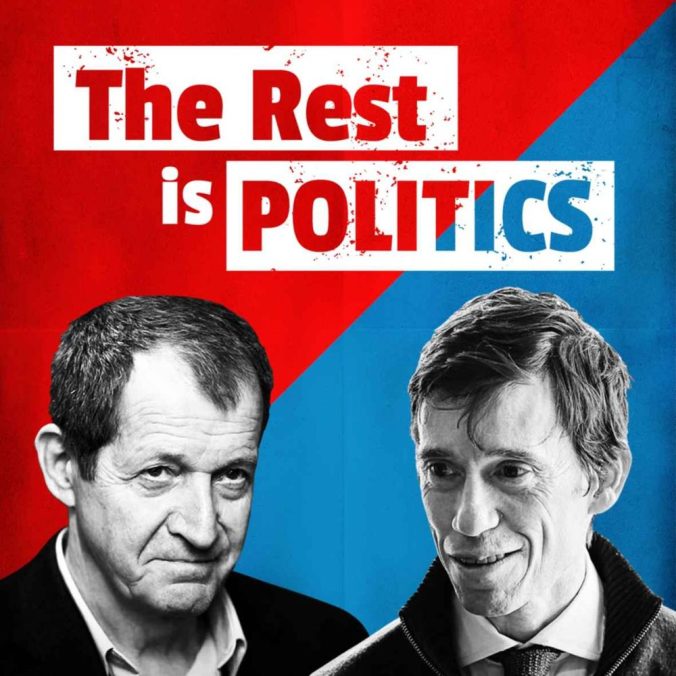






Recent Comments